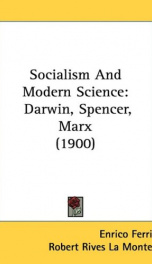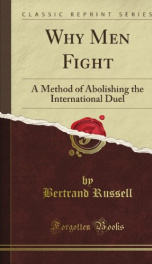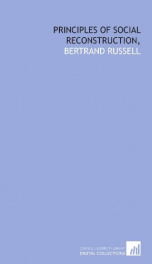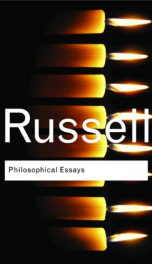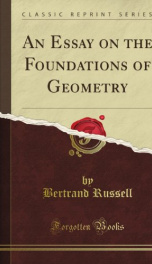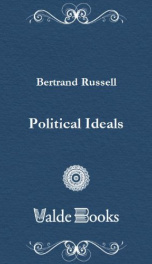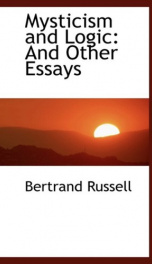free thought and official propaganda
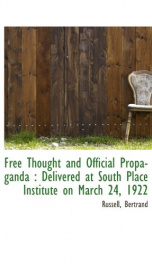
a selection from the book: Let us begin by trying to be clear as to what we mean by "free thought." This expression has two senses. In its narrower sense it means thought which does not accept the dogmas of traditional religion. In this sense a man is a "free thinker" if he is not a Christian or a Mussulman or a Buddhist or a Shintoist or a member of any of the other bodies of men who accept some inherited orthodoxy. In Christian countries a man is called a "free thinker" if he does not decidedly believe in God, though this would not suffice to make a man a "free thinker" in a Buddhist country. I do not wish to minimize the importance of free thought in this sense. I am myself a dissenter from all known religions, and I hope that every kind of religious belief will die out. I do not believe that, on the balance, religious belief has been a force for good. Although I am prepared to admit that in certain times and places it has had some good effects, I regard it: as belonging to the infancy of human reason, and to a stage of development which we are now outgrowing. But there is also a wider sense of "free thought," which I regard as of still greater importance. Indeed, the harm done by traditional religions seems chiefly traceable to the fact that they have prevented free thought in this wider sense. The wider sense is not so easy to define as the narrower, and it will be well to spend some little time in trying to arrive at its essence. !-- Content from Google Book Search, generated at 1258138221399448 --When we speak of anything as "free," our meaning is not definite unless we can say what it is free from. Whatever or whoever is "free" is not subject to some external compulsion, and to be precise we ought to say what this kind of compulsion is. Thus thought is "free" when it is free from certain kinds of outward control which are often present. Some of these kinds of control which must be absent if thought is to be "free" are obvious, but others are more subtle and elusive. To begin with the most obvious, thought is not "free" when legal penalties are incurred by the holding or not holding of certain opinions, or by giving expression to one's belief or lack of belief on certain matters. Very few countries in the world have as yet even this elementary kind of freedom....
Info about the book
Author:
Series:
Unknown
ISBN:
5877865250
Rating:
4/5 (3)Your rating:
0/5
Languge:
English
Users who have this book
Users who want this book
What readers are saying
What do you think? Write your own comment on this book!
write a commentif you like free thought and official propaganda try:
Do you want to exchange books? It’s EASY!
Get registered and find other users who want to give their favourite books to good hands!
